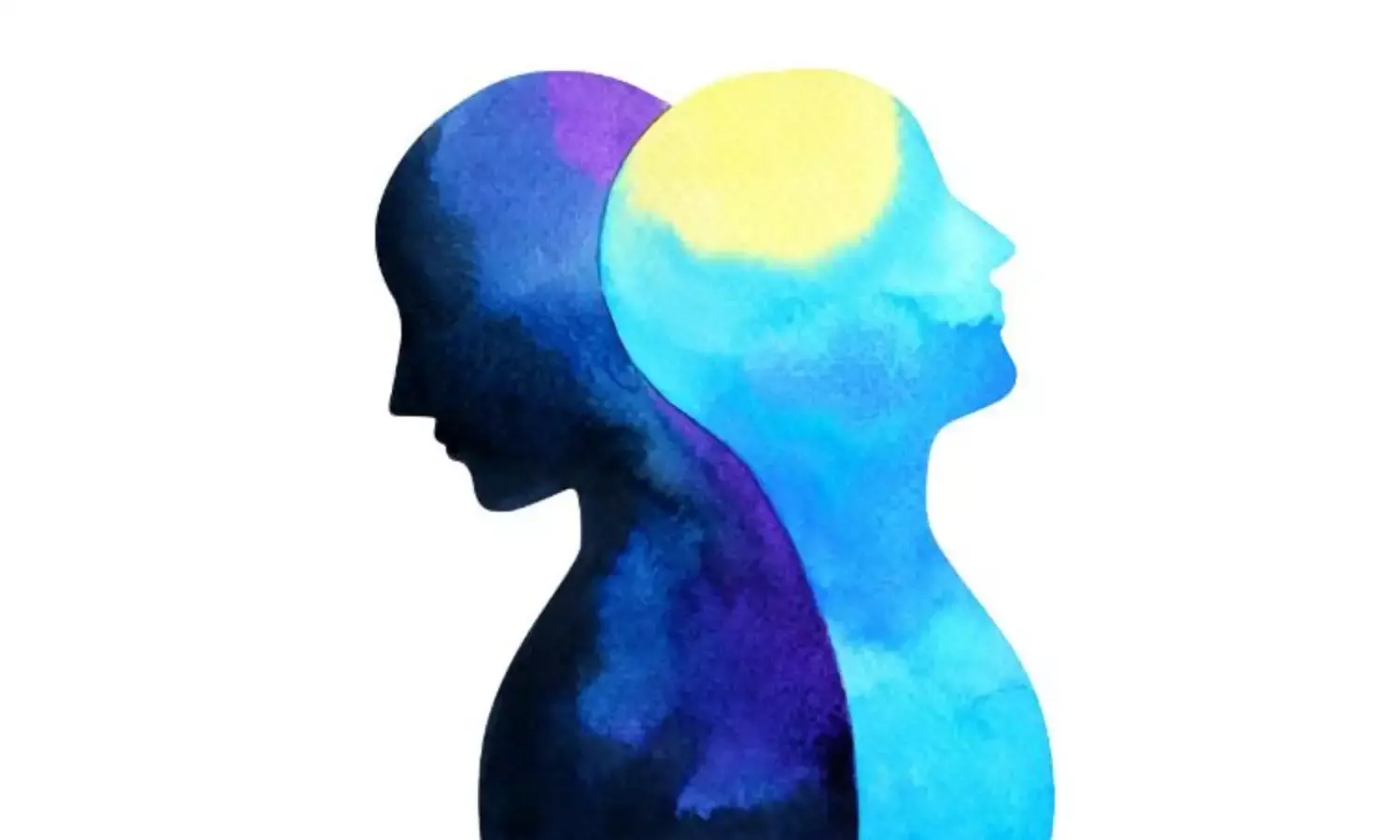Mental Health and Human Rights: Setting the Context
A rights-based approach to mental health

The ongoing debate on mental health in India from the likes of ‘are mental illnesses real?', ‘can a depressed person look happy?’ to ‘people with mental illness are violent and dangerous’ reveals our lack of understanding about this issue.
Mental health is often thought of in binaries, as either the presence or the absence of mental wellbeing, as affecting some and not others. However, there is research to show that an individual’s wellbeing operates on a spectrum. Contrary to a purely biomedical view, our mental health is affected by a range of issues from financial security to supportive relationships, access to mental health care, freedom from violence and discrimination.
Individual and collective mental health therefore needs to be addressed in an intersectoral way where the health and mental health sector work with other sectors such as social justice, education, livelihood, gender and caste rights, and so on. There also needs to be coordinated action between individuals in communities, and between communities and policymakers to bring about change through a democratic process.
An important step in this direction is a better informed discourse on mental health in the public sphere, and the media is an effective tool for this purpose. Given their reach and influence, digital platforms are particularly important in creating awareness, dispelling myths, challenging stereotypes, and exerting influence on decision makers. Recognising this, we at the Centre for Mental Health Law and Policy, will be curating a series on mental health for The Citizen.
Through this series we hope to cultivate a nuanced, intersectoral, and polyphonic view of mental health in India: one that pays equal attention to gaps and evidence-based practices to involve a wider audience in the conversation on an issue that connects us all: our mental health and wellbeing.
The articles will take a rights-based approach to mental health and cover topics related to mental health policy and legislation; suicide prevention; care-giving; and the challenges of vulnerable groups such as women, the elderly, LGBTQI+, those who are homeless, persons living in mental health facilities, and so on. These will be co-authored with diverse experts from the field of mental health to make the series pluralistic.
Despite the long road ahead, mental health in India has covered important miles, and different sections of society are more open to dialogue. For instance, the Mental Healthcare Act was passed in 2017 (MHCA). It aligns with the United Nations Convention on the Rights of Persons with Disabilities (UNCRPD) which aims to protect, promote, and realise the rights of persons with disabilities, including people with mental health conditions. . This is a paradigm shift from the legislation we had before even though there are significant deficits in implementation. Furthermore, the current pandemic has altered the popular perception of mental health in two important ways. It made apparent how mental health is a part of everyone’s life, and mental health problems are prevalent in all demographic groups, from children to the elderly, in rural and urban settings. Additionally, it showed us the power of community-based care as people and organisations stepped in to support their networks through the most acute phases of the lockdown. Therefore, leveraging on the turn in tides, we felt it was the right moment to curate this series.
The Centre for Mental Health Law & Policy, ILS, Pune, aims to protect and promote the rights of persons with psychosocial disabilities (mental illness) using rights-based approaches to mental health through innovative community based programs, implementation research, community capacity building, strengthening public mental health systems and law and policy reform.


